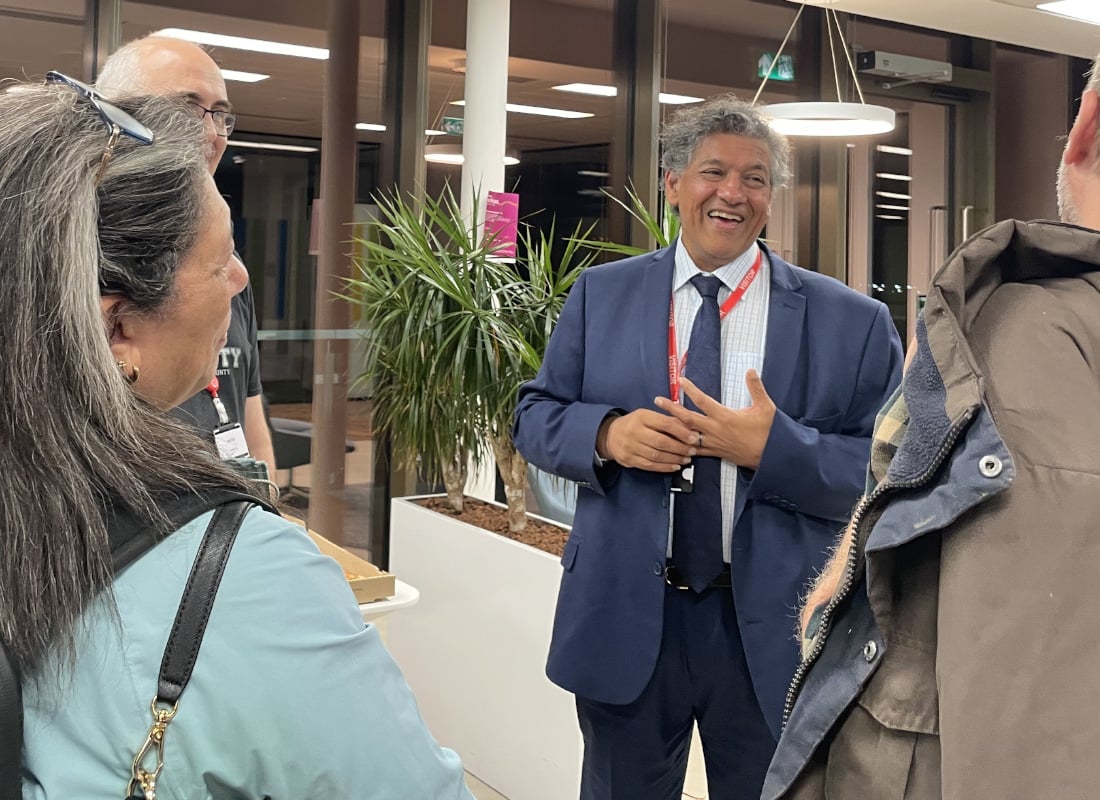An open letter calling for the UK government and industry to recognise AI as ‘a transformational force for good not an existential threat to humanity’ has attracted over 1300 signatures.
The letter was signed by thinkers including Dr Anne-Marie Imafidon MBE (Stemettes CEO), Sir Ken Olisa OBE entrepreneur and philanthropist, and Prof Luciano Floridi (Oxford Internet Institute - University of Oxford), to counter ‘AI doom’.
Written and circulated by BCS, The Chartered Institute for IT the statement asserts that AI will enhance every area of life provided its creators share global professional and technical standards.
The positive BCS letter comes ahead of the UK hosting the first global summit on AI safety in the autumn. The government has described it as an opportunity for “like-minded countries” to come together on the issue.
Earlier this year a letter, signed by Elon Musk had called for a ‘pause’ on AI development, which BCS said was unrealistic and played into the hands of bad actors. Another letter from the Centre for AI Safety had warned that ‘mitigating the risk of extinction from AI should be a global priority’.
Rashik Parmar MBE, CEO of BCS, The Chartered Institute for IT said: “The technologists and leaders who signed our statement believe AI won’t grow up like The Terminator but instead as a trusted co-pilot in learning, work, healthcare, entertainment.
“One way of achieving that is for AI to be created and managed by licensed and ethical professionals meeting standards that are recognised across international borders.
“The public need confidence that the experts not only know how to create and use AI but how to use it responsibly. Yes, AI is a journey with no return ticket, but this letter shows the tech community doesn’t believe it ends with the nightmare scenario of evil robot overlords.”
For you
Be part of something bigger, join BCS, The Chartered Institute for IT.
Supporters of the letter come from fields ranging from academia to health, to industry, to professional bodies.
Other signatories include Professor Danielle George MBE, Department of Electrical and Electronic Engineering, University of Manchester; Max Bramer, Emeritus Professor of IT, University of Portsmouth; Polly Curtis, CEO of Demos; Andrew Simpson, Institute of Physics and Engineering in Medicine; Austin Tate, Emeritus Professor of Knowledge-Based Systems, Artificial Intelligence Applications Institute - University of Edinburgh; Scott Cadzow, Chair of ETSI’s Securing AI Group; Professor Raphael Hirshi, Director of the Digital Society Institute, Keele University.
The text of the BCS letter signed by over 1300 technologists and thinkers so far reads: “AI is not an existential threat to humanity; it will be a transformative force for good if we get critical decisions about its development and use right.
“The UK can help lead the way in setting professional and technical standards in AI roles, supported by a robust code of conduct, international collaboration and fully resourced regulation.
“By doing so, "Coded in Britain" can become a global byword for high-quality, ethical, inclusive AI.”
About the open letter on the future of AI
The text of the BCS letter signed by over 1300 technologists and thinkers so far reads: “AI is not an existential threat to humanity; it will be a transformative force for good if we get critical decisions about its development and use right.
“The UK can help lead the way in setting professional and technical standards in AI roles, supported by a robust code of conduct, international collaboration and fully resourced regulation.
“By doing so, "Coded in Britain" can become a global byword for high-quality, ethical, inclusive AI.”
The invitation for signatures was issued on 7 June 2023. At the time of publication over 1370 people had signed the statement.
View the selected list of names who also have consented for their names to be published.
How can I add my signature?
If you'd like to show your support you can add your signature to the open letter on the future of AI
About BCS’ position on AI regulation
BCS supports AI regulation that is pro-innovation and supported by measures like sandboxes (safe areas for testing), and which regulates the use of AI, not the technology itself.
A recent paper by BCS’ Fellows Technical Advisory Group (F-TAG) ‘Helping AI grow up – without pressing pause’ argues that attempting to halt AI development would not work; Not every country or organisation would obey, and bad actors would gain an advantage.












